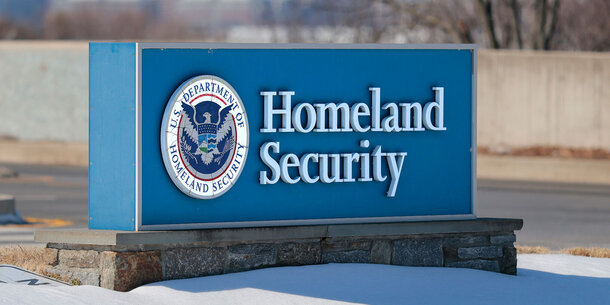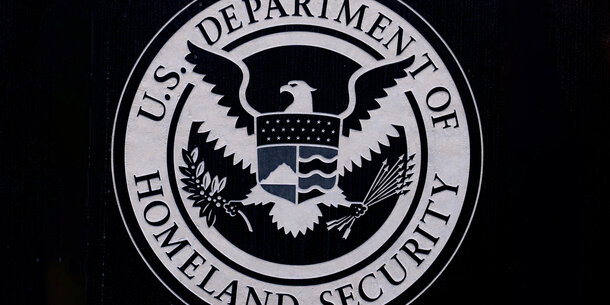Thursday’s 224–194 House vote on close to party lines to ban most military action against Iran without congressional authorization is a reminder that, under the Constitution, war-making power resides on Capitol Hill and not in the Oval Office. But the House measure, which is probably doomed in the Mitch McConnell-controlled Senate, can also serve as a reminder that Congress has long been the toothless branch when it comes to objecting to presidential military misadventures.
The erosion of congressional power began 70 years ago as Harry Truman and his top advisers were shocked by North Korean troops suddenly surging across the 38th parallel armistice line into South Korea. As Dean Acheson, Truman’s secretary of state, tells it in his autobiography, Present at the Creation, consulting with Congress was considered an after-thought compared to deciphering Soviet intentions and working through the politics of the United Nations Security Council.
Two days after the crisis began in late June 1950, Acheson and Secretary of Defense Louis Johnson finally briefed several dozen congressional leaders at the White House. While there was almost universal support on Capitol Hill for Truman’s aggressive actions to defend South Korea, there was almost no talk of a formal declaration of war. In fact, Truman said when he met with reporters, “We are not at war.” And he agreed with a reporter’s glib description that the American effort in South Korea was nothing more than a “police action.”
There was one notable dissenter to Truman’s efforts to bypass the war-making powers of Congress — conservative GOP Sen. Robert Taft.
In a Senate speech that Acheson described as “bitterly partisan and ungracious,” Taft blamed the appeasement of Joseph Stalin at the Yalta and Potsdam conferences for encouraging Soviet expansion around the globe. But Taft also argued that Truman was overstepping his legal powers by not seeking the approval of Congress. The Ohio senator, known as “Mr. Republican,” called Truman’s actions “a complete usurpation by the president of authority to use the armed forces of this country.”
In hindsight, Taft’s speech was a case of right message, wrong messenger. While Truman soon had the legal fig leaf that he was operating under the auspices of the United Nations, 1950 was the political moment when Congress became little more than a cheering squad in most foreign policy crises.
The Soviet Union’s first H-bomb test in 1953 enhanced the unchecked commander-in-chief powers of the presidency. With 15 or 30 minutes to Armageddon, the Constitution’s war-making powers became as irrelevant as hiding under a desk to shield yourself from nuclear radiation. There was no formal role for Congress as John Kennedy went eye-to-eyeball with Nikita Khrushchev during the 1962 Cuban Missile Crisis.
But most foreign policy crises over the past half-century (with 9/11 as the conspicuous exception) have not required hair-trigger responses from the White House Situation Room. Truth is often the first casualty when presidents overhype imminent threats, whether it was the largely bogus 1964 Gulf of Tonkin incident that Lyndon Johnson used as a pretext in Vietnam or Saddam Hussein’s nonexistent weapons of mass destruction.
Once the troops are in the field, as they were in Vietnam when Americans began to understand the dimensions of the tragedy in Southeast Asia, it is generally too late for Congress to unsheathe its other constitutional power — control of spending. During Vietnam, only left-wing legislators from very safe districts dared vote against war appropriations. Everyone else feared being accused of not supporting the troops rather than doubting the wisdom of the war.
But even when Congress does cut off funding, presidents have usually figured out a way to get around these restrictions.
In 1985, the Boland Amendment flatly banned any federal funds to aid the Contras, who were fighting to overthrow the pro-Cuban government of Nicaragua. In response, Oliver North began running a rogue operation out of the basement of the Reagan White House funneling money from secret arms sales to Iran (theoretically in return for the release of hostages in Lebanon) to aid the Contras. The resulting scandal, the Iran-Contra Affair, tarnished the last years of Ronald Reagan’s presidency, but did little to tame the Imperial Presidency.
This 70-year erosion of power on Capitol Hill means that almost no one these days makes his or her reputation as a congressional foreign policy expert. In 1966, the Senate Foreign Relations Committee hearings on Vietnam were broadcast live on network television with Arkansas Sen. William Fulbright in the starring role. These days, even political junkies would be hard-pressed to name more than a handful of members of that Senate committee, now chaired by (and, of course, you knew it all along) Idaho Republican Jim Risch.
One reason why the Senate Foreign Relations Committee and its House counterpart no longer attract the best and the brightest are the relentless demands of campaign fundraising. Compared to working on banking or tax legislation, there just are not that many contributions that a legislator can squeeze out of being a congressional expert on NATO or a dinner speaker at the Council on Foreign Relations.
It remains mind-boggling that most of America’s “forever wars” are still being fought under the 2001 Authorization for the Use of Military Force (AUMF) that Congress hastily passed in the wake of the 9/11 attacks. There have been sporadic congressional efforts to update the AUMF, especially in the later years of Barack Obama’s presidency, but none of these legislative drives have been able to get enough support to pass. A main stumbling block for Congress appears to be fear of somehow being blamed if something went awry in a war that it had authorized.
Maybe if Congress had not spent seven decades deferring to the White House on all national security matters, legislators might have found a way to transcend partisanship over Donald Trump’s intemperate actions towards Iran. But beyond Trump and the immediate crisis, American democracy is healthier if Congress again played a robust role in foreign affairs. In short, the nation would have been better off if anyone had listened to Bob Taft’s complaints about presidential over-reach back in 1950.
The views expressed are the author’s own and not necessarily those of the Brennan Center.



